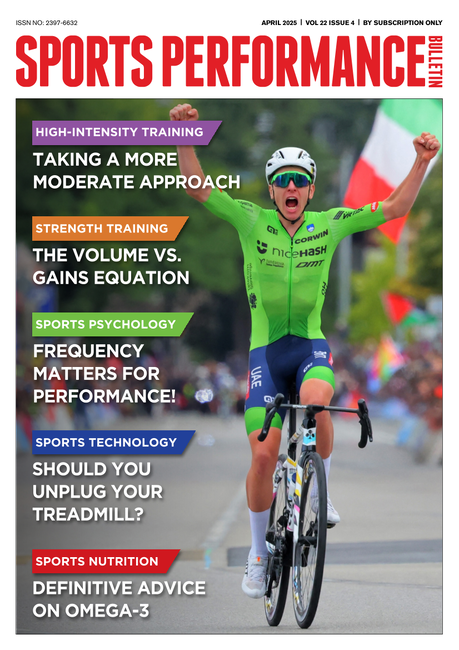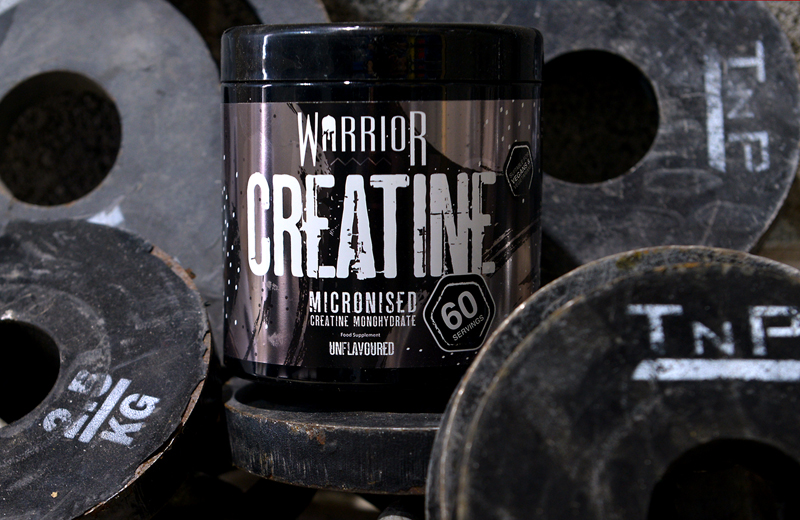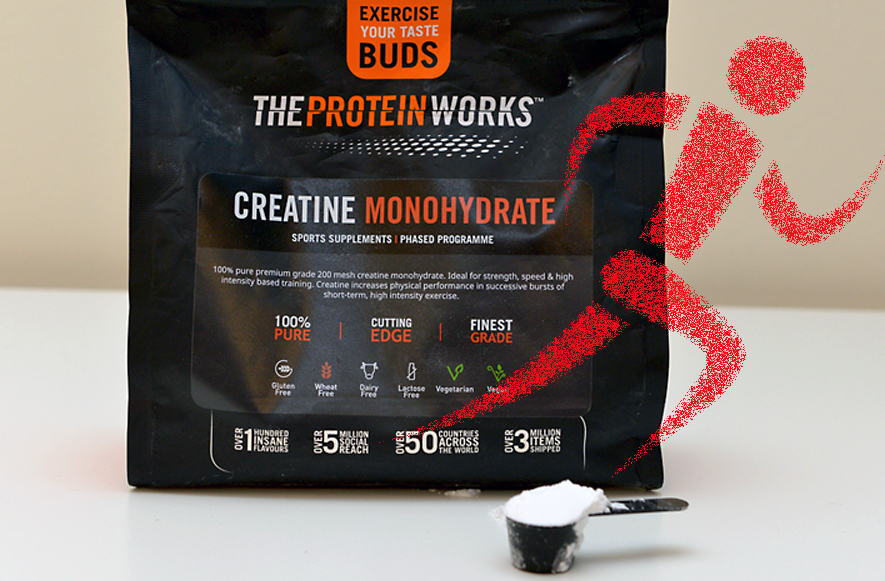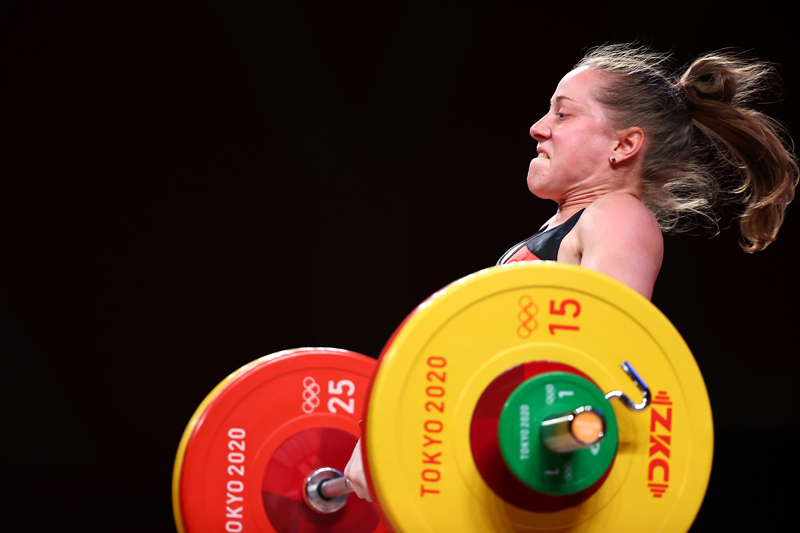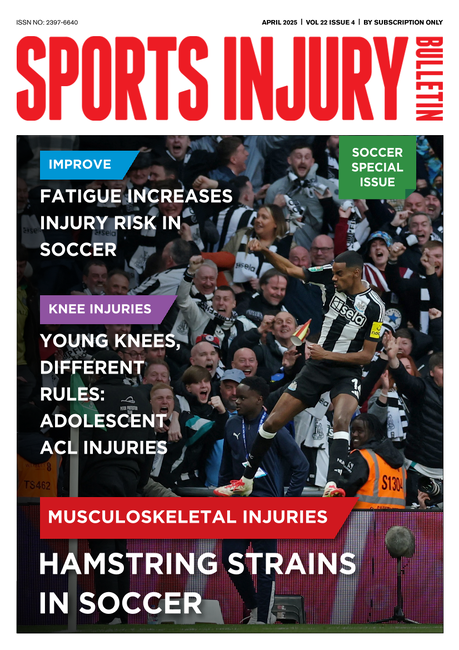Phosphates make your bones and teeth as hard as rocks, but they also might help you grind your way to faster workouts and competitive efforts. At least, that's what some sports nutritionists and sports-supplement manufacturers are suggesting. After all, muscles, like bones and teeth, have a large appetite for phosphates. Your muscles use phosphates to make ATP and CP, two high-energy chemicals which provide the energy necessary for muscle contractions. Surplus phosphates also prevent unwanted increases in muscle acidity and may increase the flow of oxygen from your red blood cells into your muscles.
Just to make things interesting, a more recent investigation at Old Dominion University found that consuming four grams of daily sodium phosphate for three consecutive days strengthened cardiac activity, lifted lactate threshold by 10 per cent, hiked V02max by 9 per cent, and heightened performance by 8 per cent during a time trial in a group of experienced triathletes.
However, as scientists at the University of New Brunswick have recently pointed out, phosphate research has been plagued by a multitude of problems. For one thing, only seven published studies have actually utilized a 'double-blind, cross-over' research design, in which researchers and subjects were inititially unaware of who was taking phosphate, and phosphate- and placebo-ingesting individuals eventually switched their roles. Double-blind, cross-over studies are the 'gold standard' for supplement research, because they limit the possibility of bias on the part of researchers and also help to control for variation between subjects.
Four of these seven top-quality investigations found a performance-enhancing effect with phosphate loading, while three studies showed that phosphate supplementation had no impact on exercise capacity, making phosphate's role as a performance-boosting ('ergogenic') substance somewhat ambiguous. In addition, a total of just 63 subjects took part in the seven research projects, and all 63 were young men in their twenties and early thirties. Thus, it's not clear that the results of the research are actually applicable to older athletes or women.
In addition, only one of the investigations measured blood-phosphate levels before the research actually began, an omission which makes it hard to know how much of the ingested phosphate was actually making it out of the digestive system into the blood (for phosphates to work, they must first be carried to the muscles by the blood). The investigations also showed that exercise itself sometimes lifts blood-phosphate levels more than phosphate supplementation!
Varying doses of phosphates were used, and - strangely enough - the highest dosage was given in one of the three studies which showed no ergogenic effect. Also, a variety of different sources of phosphate were utilized, including neutral buffered sodium phosphate, tribasic sodium phosphate (TSP), mono- and dibasic sodium phosphate, and dibasic calcium phosphate (DCP). Most studies have used TSP, even though TSP has been linked with digestive-system distress and DCP may raise blood-phosphate levels to a greater extent.
If phosphate supplements do work, they probably help during maximal - not sub-maximal - exercise. In four of the five investigations which involved high-intensity efforts, phosphate supplementation had some positive effect on exercise capacity, but phosphate failed to aid performance in the two studies which involved only moderate-intensity exertions. It's possible that phosphate loading might help athletes during efforts lasting five minutes or less, while an ergogenic effect during longer-term, lower-intensity exercise seems unlikely.
Phosphate loading is not illegal, and there are no known adverse effects, although chronic phosphate supplementation, combined with a low intake of calcium, could trigger a calcium deficiency. An appropriate amount of phosphate for athletes might be about 4 grams per day - parceled out into four one-gram doses - for three days before competition, with the last supplement taken two to four hours before competing. However, research on phosphate supplements has yielded such mixed results that, as the New Brunswick scientists noted, 'it is difficult to support phosphate loading as an ergogenic procedure.'



